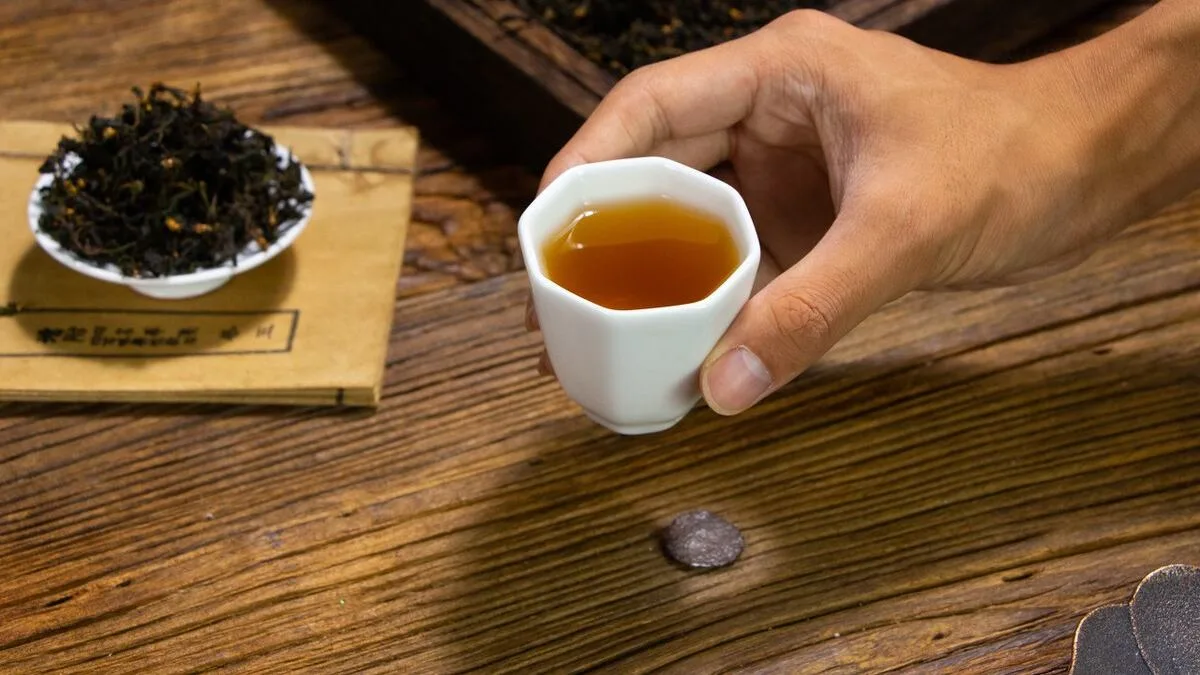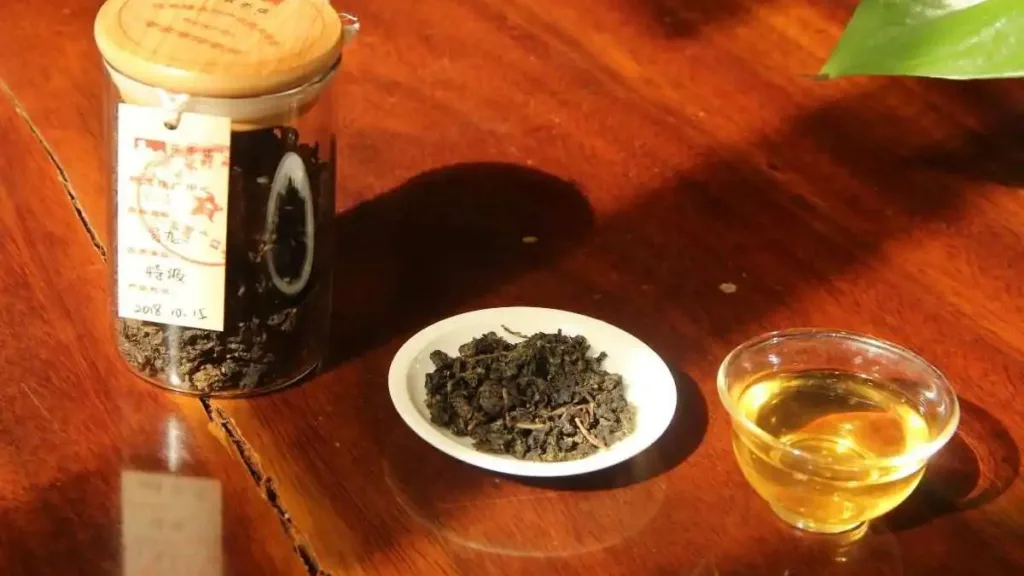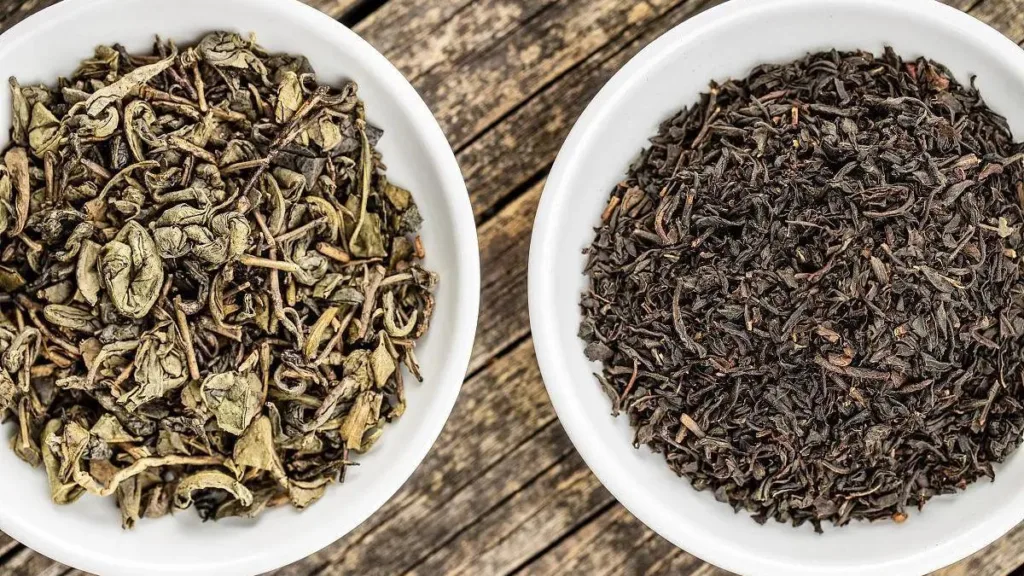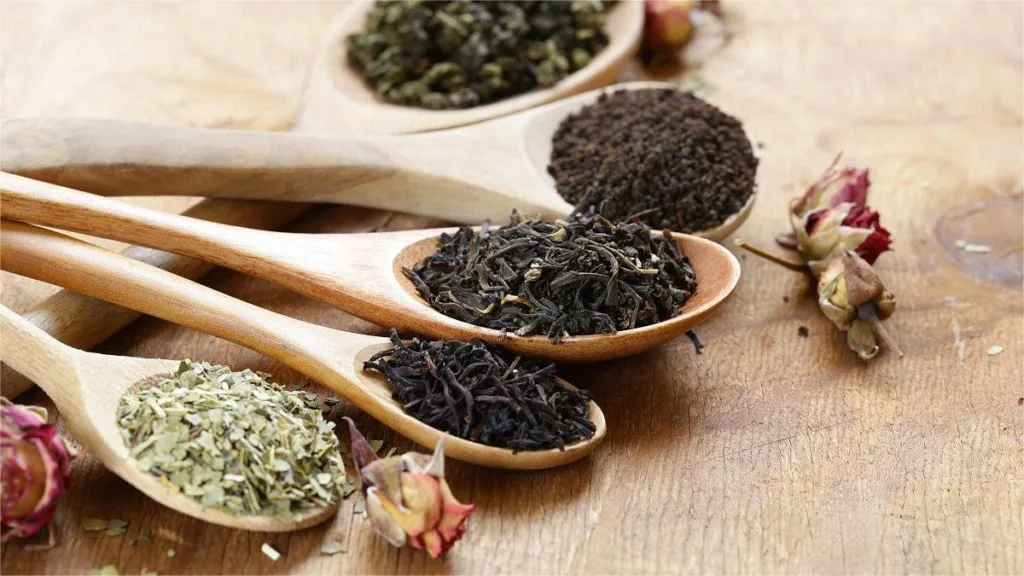Chinese tea is renowned for its rich nutritional content, and it offers numerous health benefits. However, like most things in life, moderation is key. While regular tea consumption can be beneficial, excessive tea intake can lead to various health issues. Some tea enthusiasts might experience discomfort, such as insomnia, excessive alertness, digestive problems, tooth discoloration, impaired nutrient absorption, and even anemia. In this article, we will explore the potential drawbacks of drinking too much Chinese tea and the importance of moderation.
Overindulgence in Tea Can Lead to Tea Drunkenness:
Overindulgence in tea, often referred to as “tea drunkenness,” typically occurs when individuals consume an excessive amount of tea within a short period. It’s important to note that while tea is hydrating, it should not entirely replace water intake. An average adult requires approximately 2000-2500 milliliters of fluids daily, and excessive tea consumption may not fulfill this requirement.
Specific symptoms of tea drunkenness can include dizziness, nausea, instability when standing, trembling of the hands and feet, headaches, and insomnia. This condition can arise from a sudden increase in tea consumption or a dramatic shift in tea types consumed. For instance, someone accustomed to drinking black tea or fully fermented pu’er tea who suddenly switches to green or yellow tea and consumes it excessively may experience tea drunkenness.
Tea drunkenness is generally short-lived, and these symptoms can be alleviated by consuming foods like sweets or candies. It is essential to avoid drinking tea on an empty stomach, as it increases the likelihood of experiencing tea drunkenness. In the context of health, tea drunkenness caused by overindulgence is relatively benign as it serves as a clear signal for individuals to reduce their tea consumption.
Long-Term Consumption of Strong Tea Can Be Harmful:
The long-term consumption of highly concentrated tea can lead to health issues. It is a well-established fact that tea enthusiasts tend to increase the strength of their tea over time due to the body’s growing tolerance. Initially, a small amount of tea leaves may produce a flavorful brew, but as one’s tolerance increases, it can lead to exceedingly strong infusions.
Much like how individuals gradually increase their salt intake, they may do the same with tea strength. Unfortunately, very strong tea infusions can have adverse effects on health. Highly concentrated tea infusions contain elevated levels of catechins, caffeine, and tannic acids, among other substances. These compounds can irritate the digestive system, potentially diluting gastric fluids and impairing proper digestion. As a result, nutrient absorption may be compromised.
For example, tannic acid found in tea can inhibit the absorption of dietary iron, leading to iron-deficiency anemia. Additionally, overconsuming strong tea can cause gastric discomfort, bloating, and gastrointestinal pain, leading to indigestion.
It’s important to note that these health concerns arise from an excessive intake of highly concentrated teas. When consumed in a more moderate and controlled manner, these issues are unlikely to occur.
The Importance of Moderation:
To enjoy the numerous benefits of tea while avoiding potential drawbacks, moderation is key. Drinking tea should complement one’s daily water intake, not replace it entirely. Experts recommend that adults limit their daily tea consumption to 10-20 grams of tea leaves and control their tea liquid intake to 1000-1500 milliliters.
Additionally, it’s crucial to maintain a balanced diet and ensure that tea consumption does not interfere with the absorption of essential nutrients. Combining the pleasure of tea with proper hydration through water is the ideal approach to tea consumption. Avoiding excessive tea consumption, especially strong teas, and refraining from drinking tea on an empty stomach can help prevent potential adverse effects.
In conclusion, while moderate tea consumption can offer numerous health benefits, overindulgence in tea can lead to tea drunkenness and potential health issues over time. Enjoying tea in moderation and balancing it with proper hydration is the key to harnessing the best of what Chinese tea has to offer without the potential drawbacks. Tea enthusiasts can savor the flavors and benefits of their favorite brews while maintaining their overall health and well-being.



